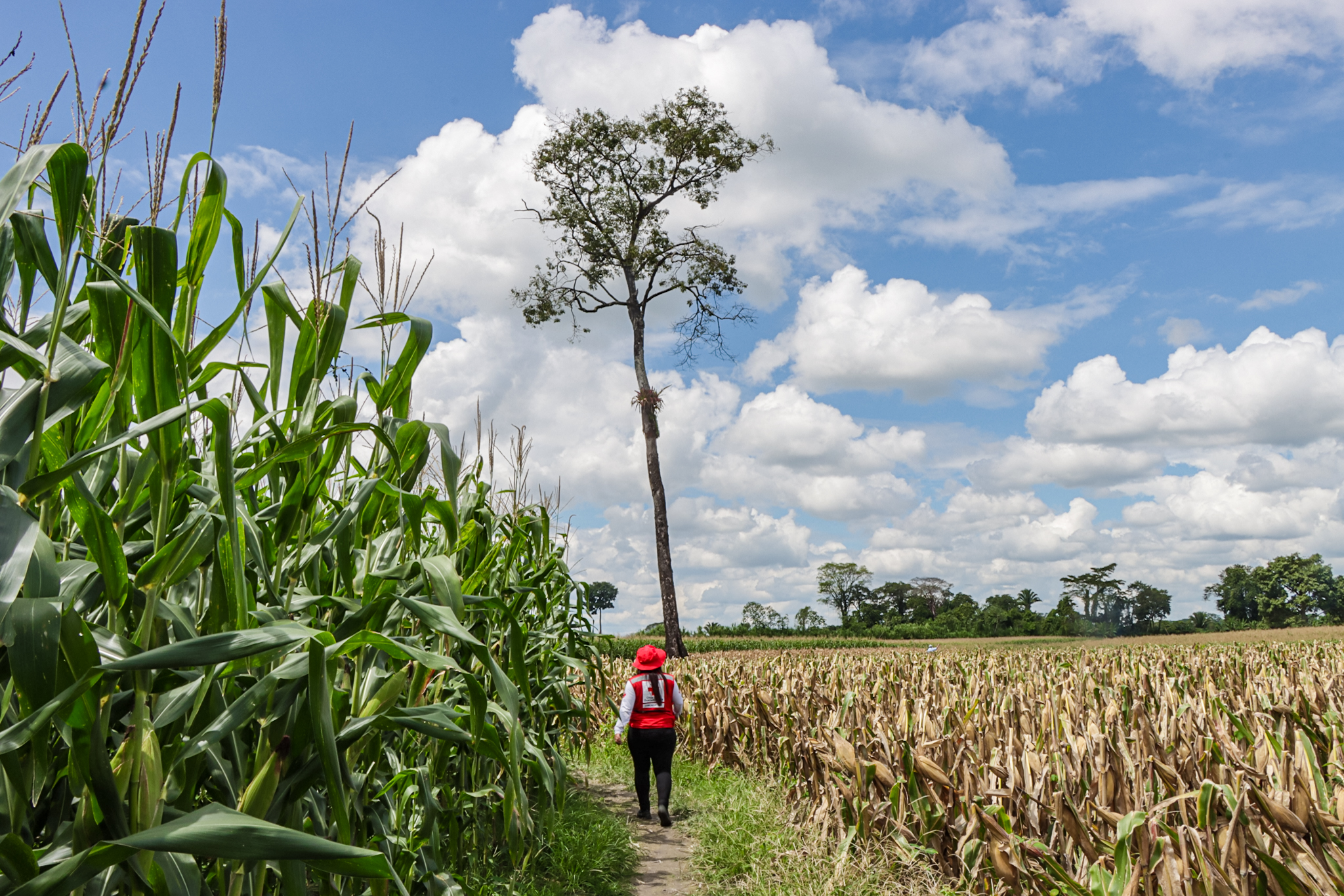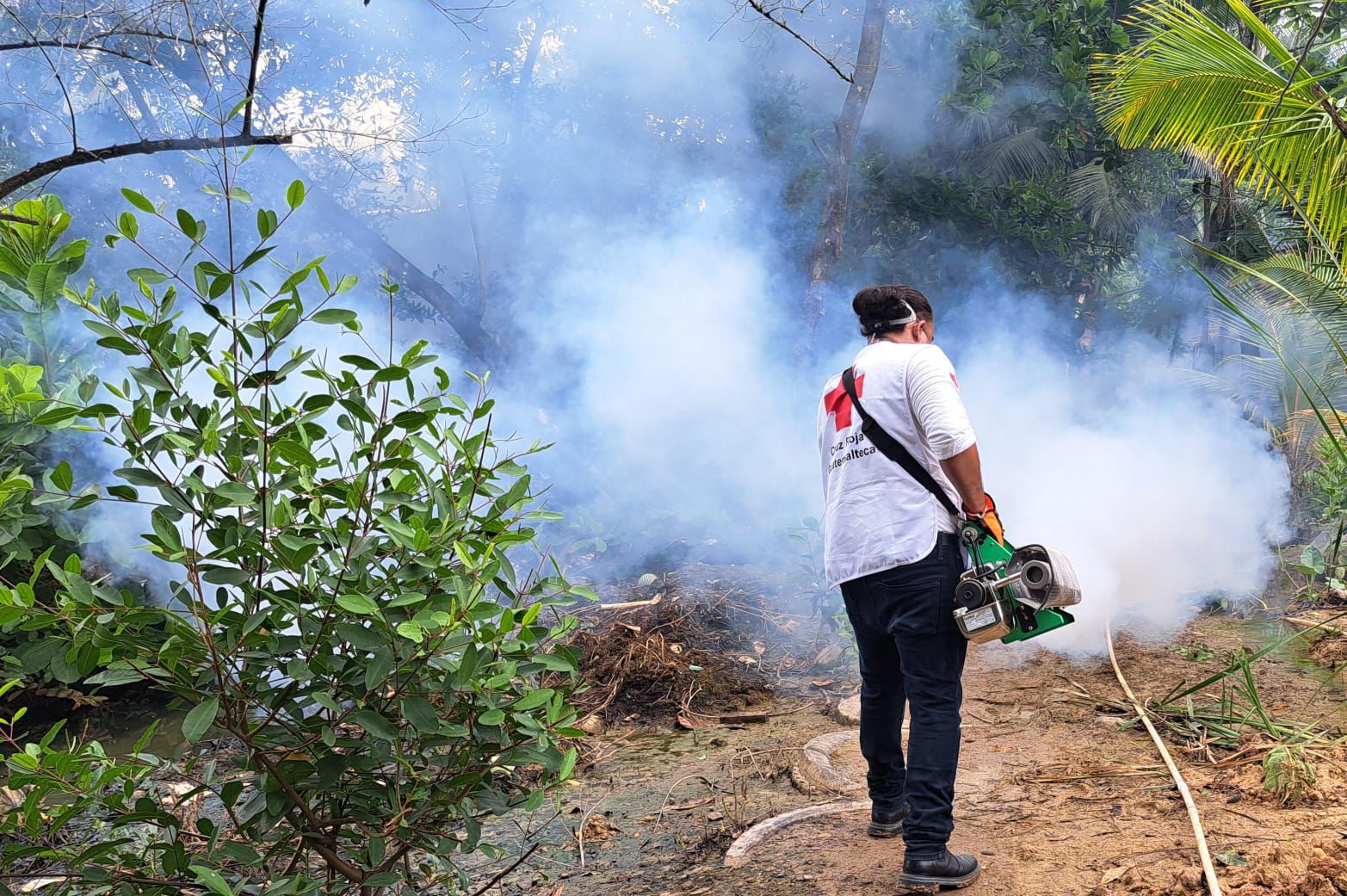
By its definition, Climate Change can be the change in the climate due, directly or indirectly, to human activities that alters the global composition of the atmosphere and that adds to the observed natural variability of the climate during comparable periods of time, IPCC, 2007.
The Guatemalan Red Cross integrates the issue of Climate Change through the preparation of Volunteers, integrated and cooperative work, thus contributing to resilience and development of the most vulnerable people, focusing on the Humanitarian Mandate and in the Auxiliary role. The Red Cross is the first humanitarian organization to address the consequences of climate change, to save the lives of the most vulnerable population in the face of this impact worldwide.
The Program belongs to the Directorate of Disaster Risk Management and focuses on training, adaptation and mitigation of climate change, in accordance with existing national guidelines, and the Humanitarian Mandate of the Red Cross, established by the States.
Goals:
- Strengthen the capacity of the Volunteers, for the integration of the climate change issue, with a focus on its consequences and adaptation measures, in the different programs of the Guatemalan Red Cross.
- Integrate adaptation measures to the effects of climate change, in the humanitarian aid of the National Society, giving priority to geographic areas of greater vulnerability.
- Promote climate change mitigation measures aimed at sustainable development.
Topics

Promoting knowledge about climate change within the communities with which it works through a strengthened and aware volunteer body. It seeks to transmit that knowledge through the appropriate application of each of the programs, projects and interventions that the Guatemalan Red Cross generates and implements.

Mitigation is considered environmentally friendly behavior that also contributes to the reduction of greenhouse gas emissions, according to IFRC. The promotion of sustainable development is contemplated here both within the National Society and externally, in the work carried out at the community level and in partnership in each territory.

It is the application of measures with the goal of reducing the vulnerability to changes of the communities in their environment, addressing the issue of climate change at the decision-making level, development planning, also taking into account traditional knowledge and its adequate integration into all activities, considering the natural elements and the socio-environmental context in said integration.






